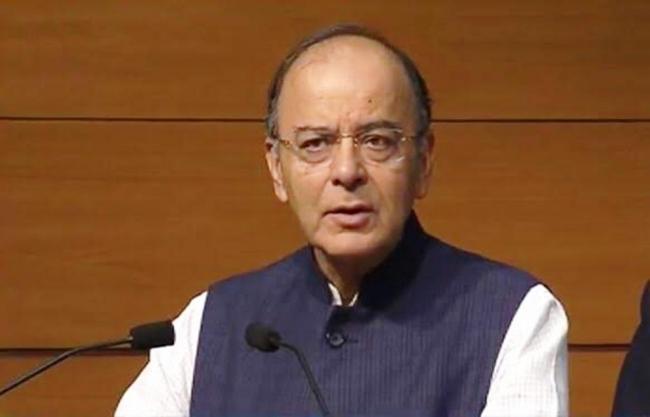
Indian government rejects World Bank's HCI report
New Delhi, Oct 12 (IBNS): The Indian government has rejected the World Bank's Human Capital Index (HCI) findings where it has placed the Asian nation at 115th position out of 157 countries on various parameters.
"The Government of India, therefore, has decided to ignore the HCI and will continue to undertake its path breaking programme for human capital development aiming to rapidly transforming quality and ease of life for all its children," the Indian government said in a statement.
As part of this report, the World Bank has launched a Human Capital Project (HCP).
World Bank’s Human Capital Index released ; For full details, please log on: https://t.co/7n0PRILjbM
— Ministry of Finance (@FinMinIndia) October 11, 2018
The HCP programme is claimed to be a program of advocacy, measurement, and analytical work to raise awareness and increase demand for interventions to build human capital.
There are three components of HCP- a cross-country human capital measurement metric called the Human Capital Index (HCI), a programme of measurement and research to inform policy action, and a programme of support for country strategies to accelerate investment in human capital.
The HCI has been constructed for 157 countries.
It claims to seek to measure the amount of human capital that a child born today can expect to attain by age 18.
The HCI index values are contended to convey the productivity of the next generation of workers, compared to a benchmark of complete standard education and full health.
Rejecting the report, the Indian government said: "There are serious reservations about the advisability and utility of this exercise of constructing HCI. There are major methodological weaknesses, besides substantial data gaps. For instance, for the schooling parameter, though quantity is assessed using enrolment rates reported by UNESCO, quality is gauged using harmonized test scores from major international student achievement testing programs."
"Due to lack of availability of an authoritative and uniform test score, about 9 different test scores and systems using varying methodology have been claimed to have been harmonized by the World Bank. None of the 9 systems cover more than 100 countries, with some have very limited regional coverage. This makes the methodology quite complex and non-uniform," it said.
Support Our Journalism
We cannot do without you.. your contribution supports unbiased journalism
IBNS is not driven by any ism- not wokeism, not racism, not skewed secularism, not hyper right-wing or left liberal ideals, nor by any hardline religious beliefs or hyper nationalism. We want to serve you good old objective news, as they are. We do not judge or preach. We let people decide for themselves. We only try to present factual and well-sourced news.







